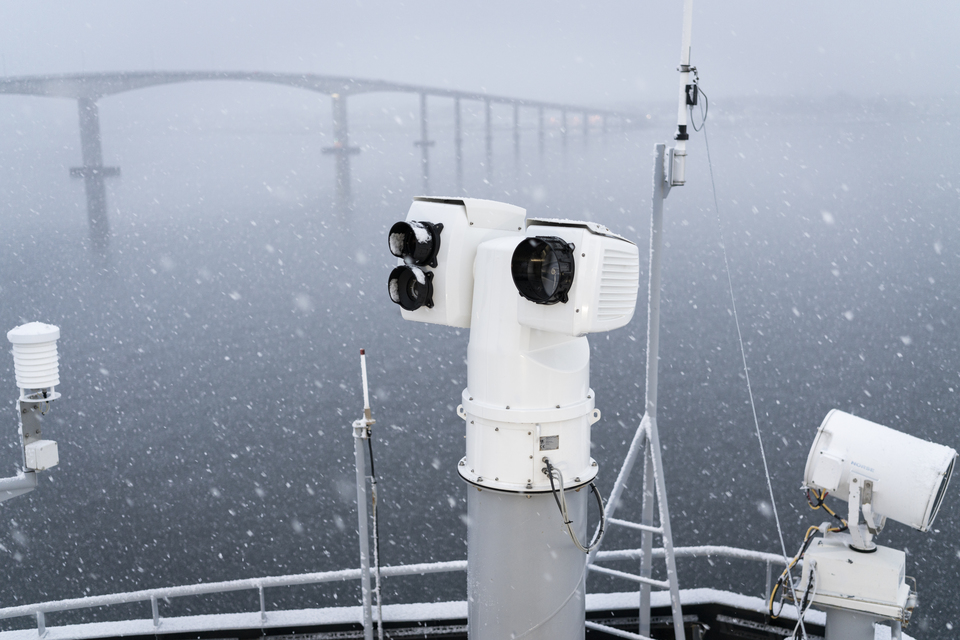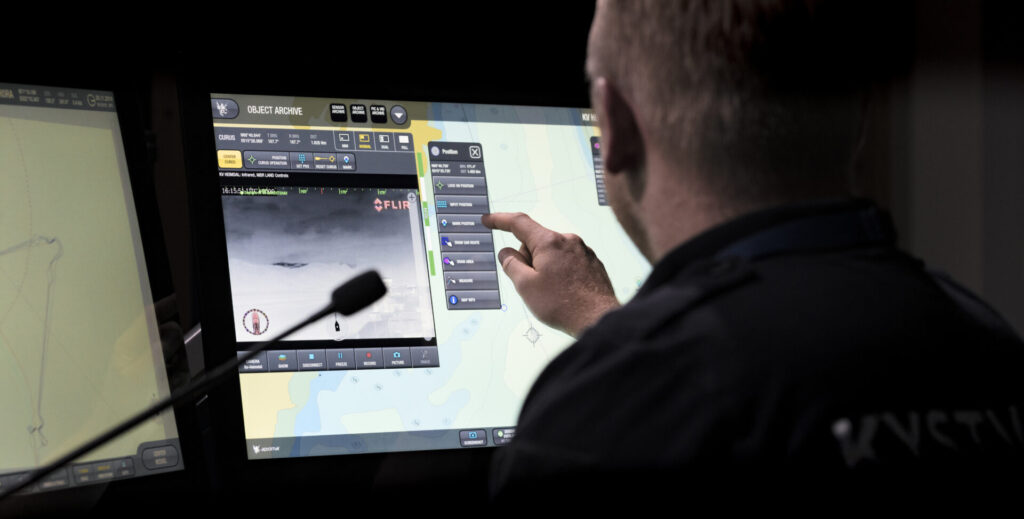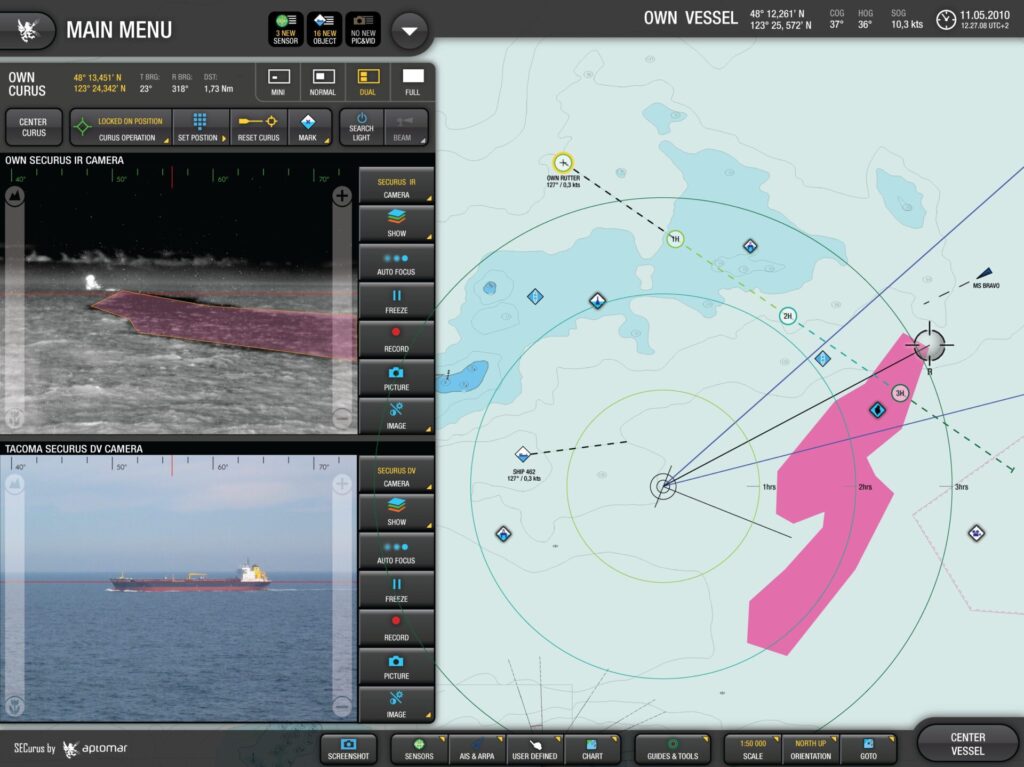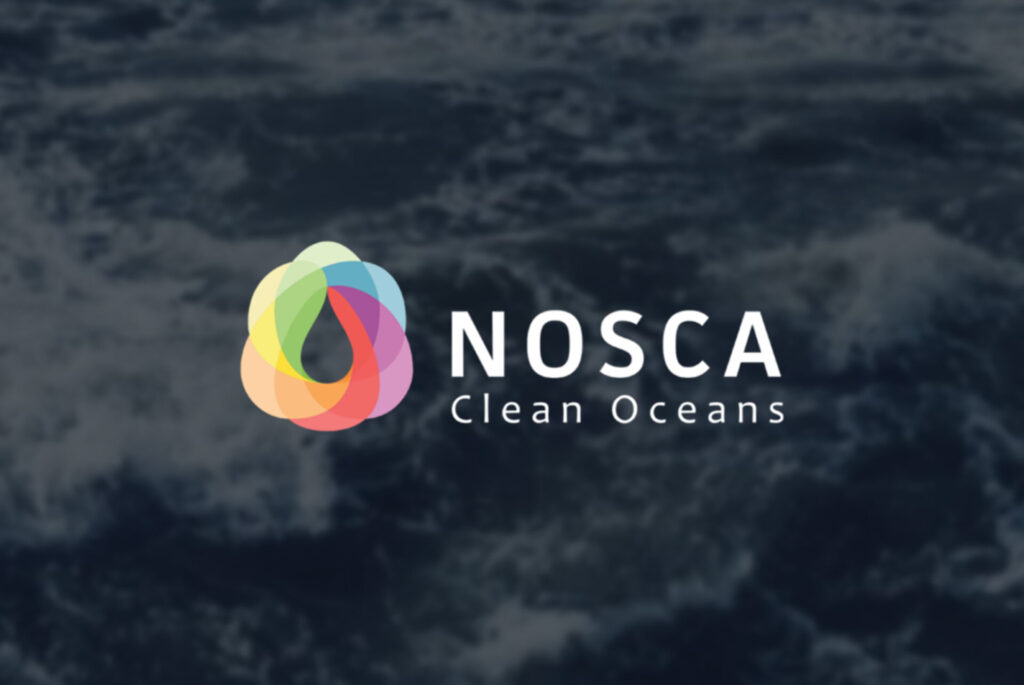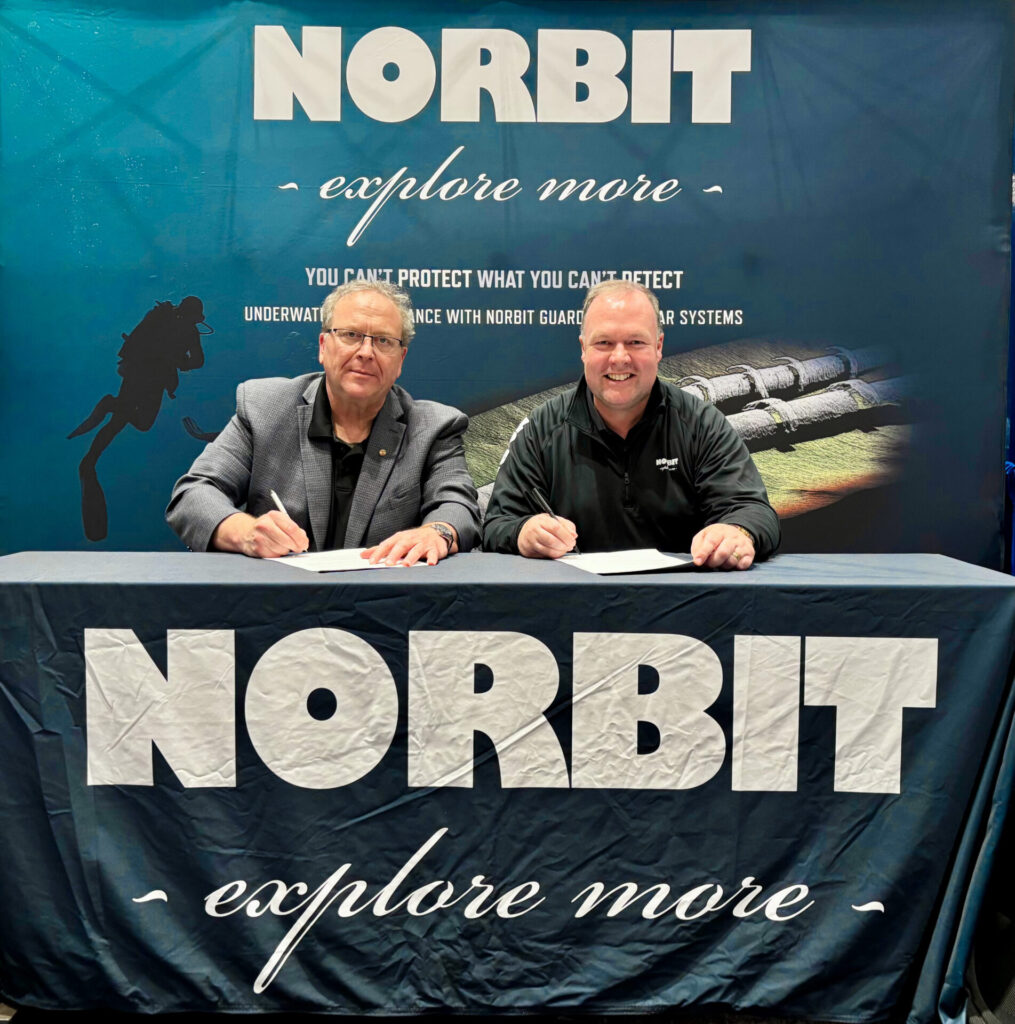NORBIT Aptomar, a leading provider of integrated situational awareness and environmental monitoring solutions, will take part in this year’s Oil on Water (OOW) exercise, an annual collaboration between the Norwegian Oil Spill Association for Operating Companies (NOFO) and the Norwegian Coastal Administration (NCA). This event is designed to rigorously test and validate oil spill detection and recovery technologies through the controlled release of oil into open water under real conditions.
The focus will be on the detection of Marine Gas Oils (MGOs) and Very Low Sulfur Fuel Oils (VLSFOs). These oil types are known for forming ultra-thin surface films that are notoriously difficult to detect using traditional remote sensing methods.
NORBIT Aptomar will demonstrate its SeaCOP system which involves multiple SECurus providing thermal and daylight camera systems, as well as the integration of Oil Spill Detection (OSD) radars for continuous, real-time monitoring of marine oil slicks. The system outperforms conventional detection technologies such as side-looking airborne radar (SLAR) and satellite-based SAR, both of which have previously shown limited effectiveness in detecting thin oil layers.
As part of a broader remote sensing program, the exercise will also feature the use of drift buoys, aircraft, drones, and vessel-mounted imaging systems. NORBIT’s SeaCOP system is expected to deliver consistent, high-resolution data that will help operators better assess and respond to spills of modern low-sulphur fuel types.
“We’re looking forward to showcasing how SeaCOP and SECurus continues to set the standard in real-time oil spill detection,” said Stefan Sagen, Programme Director at NORBIT Aptomar. “As oil formations evolve, so must our technologies – SeaCOP and SECurus are purpose built for this challenge.”
About NORBIT Aptomar
NORBIT Aptomar is a division of NORBIT ASA, focused on delivering advanced maritime surveillance and environmental monitoring solutions. With systems like SeaCOP and SECurus, NORBIT helps government agencies, coastal authorities, and the energy industry to respond faster and more effectively to marine pollution incidents.
